| Sorted by date | |||
page191from Building Ideas
I
do not think it is possible to say that one thing is of the order of ‘liberation’
and another is of the order of ‘oppression’… . a concentration camp … is not an
instrument of liberation, but one should still take into account – and this is
not generally acknowledged – that, aside from torture and execution, which
preclude any resistance, no matter how terrifying a given system may be, there
always remain the possibilities of resistance, disobedience and oppositional
grouping.
And at the same time, freedom cannot be
guaranteed by the physical form of buildings either:
... more ...
|
|||
|
|||
|
|
|||
page190from Building Ideas
and schools. As he describes it in
Discipline and Punish, his influential book from 1975:
This was the problem of the great
workshops and factories, in which a new type of surveillance was organized …. What
was now needed was an intense, continuous supervision; it ran right through the
labour process; it did not bear – or not only – on production ( the nature and
quality of raw materials, the type of instruments used, the dimensions and
quality of its products); it also took into account t... more ...
|
|||
|
|||
|
|
|||
page189from Building Ideas
much as poststructuralism has attempted to
do with the binary oppositions of structuralism, as a way of opening up the
possibilities of meaning.
In Foucault’s earlier work he also
questioned the view of history as a linear development and suggested instead a
model of change through “epistemological breaks” – similar to Thomas Kuhn’s
notion of scientific paradigms, though applied at a more general level across
the field of knowledge as a whole. In his later writing be considered the place
of the individual subject within the institutionalized power-relations of
society is reminiscent of the Marxist def... more ...
|
|||
|
|||
|
|
|||
page188from Building Ideas
Althusser. Althusser had tried to redefine
ideology as solely a result of material practices, taking the opposite, “scientific”
view of Marx from that of the Frankfurt School, seeing him purely as a
materialist philosopher. Ideology, for Althusser, did not originate with ideas,
but rather at the level of inherited structures, like language, and this was to
a large extent due to the influence of structuralist thinking. This view had a
significant impact on the understanding of the human subject, who was reduced
to a transient “effect” of these pre-existing structures – as Barthes and
Derrida had already begun to suggest, the individual is always locked within
these various networks of representation.
... more ...
|
|||
|
|||
|
|
|||
page187from Building Ideas
Prepare the individual ego for the
relations of domination within society, and to repress the individual instinct
for freedom and liberation.
In
Freud these repressed desires re-emerge in alternative guises, such as in dream
images, “Freudian” slips of the tongue, or, more seriously, in neuroses. In
Eros and Civilisation Marcuse attempted a psychoanalysis of capitalism,
identifying what he called a repressed life-impulse(“eros”) forced into the
service of capitalist production. This was a more general application of what
Weber had described as the Protestant work ethic behind the success of
capitalism, but it c... more ...
|
|||
|
|||
|
|
 ... ...
... ... ... ...
... ... ... ...
... ... ... ...
... ... ... ...
... ... ... ...
... ...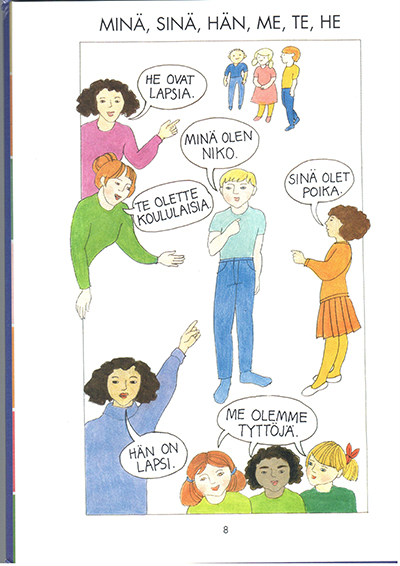 ... ...
... ...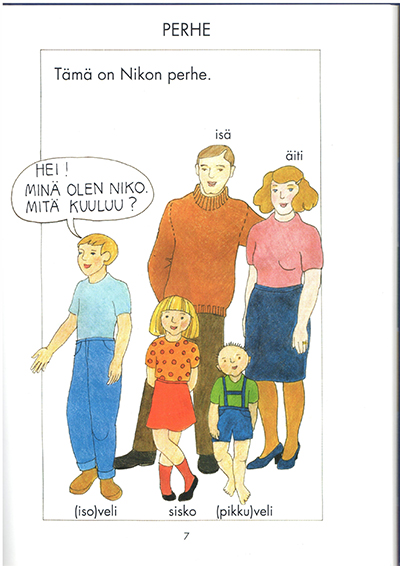 ... ...
... ... ... ...
... ...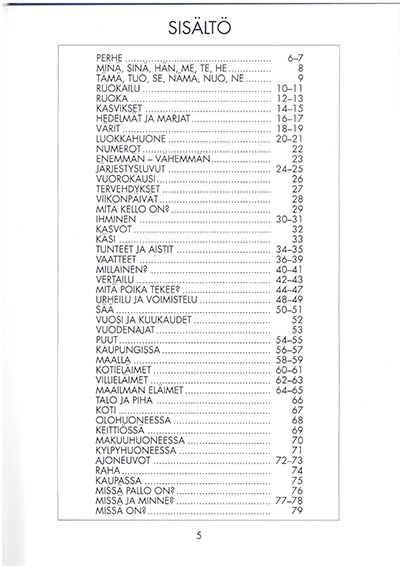 ... ...
... ... ... ...
... ... ... ...
... ...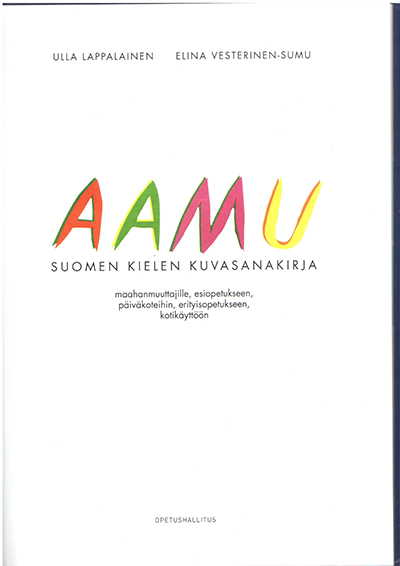 ... ...
... ...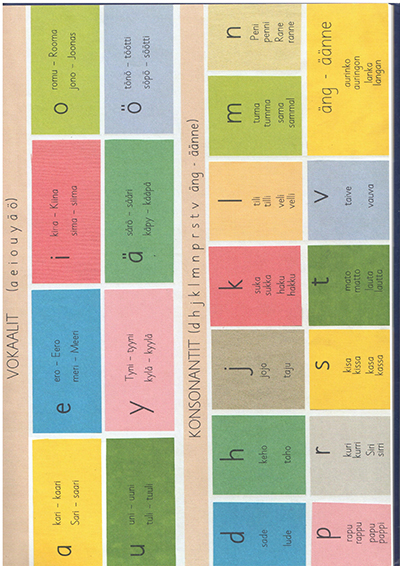 ... ...
... ...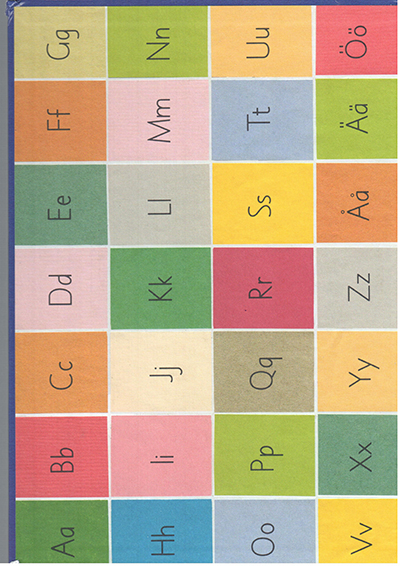 ... ...
... ...